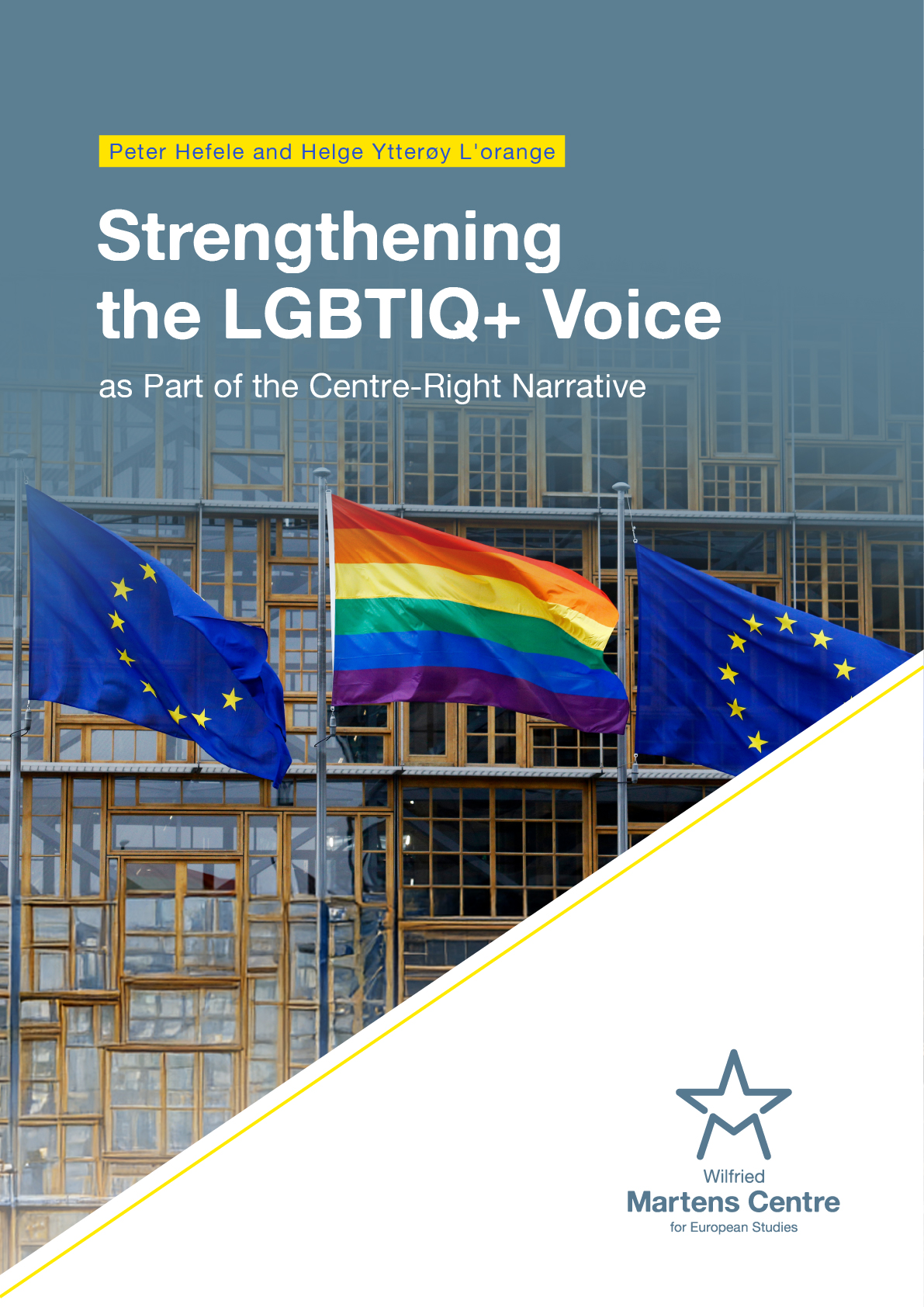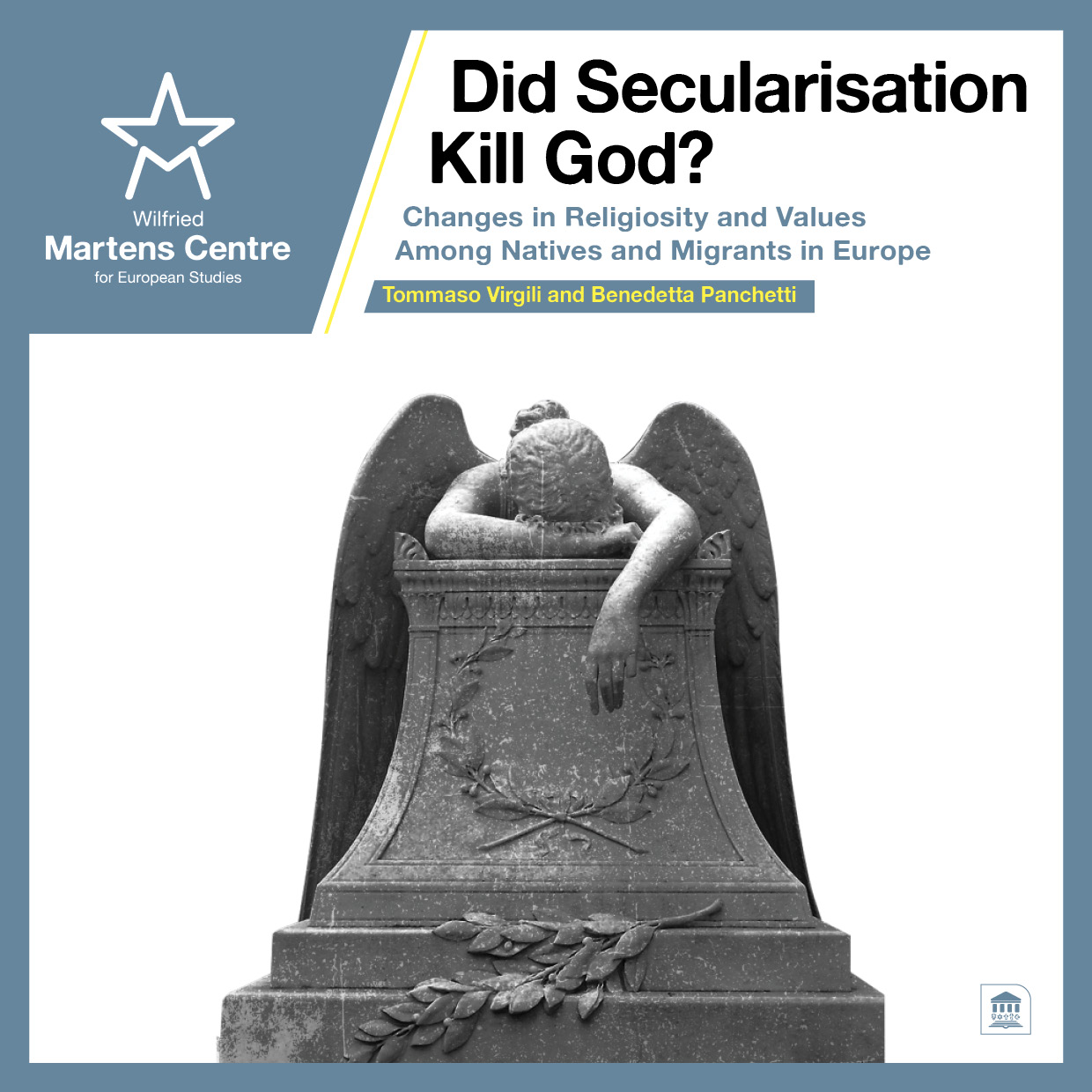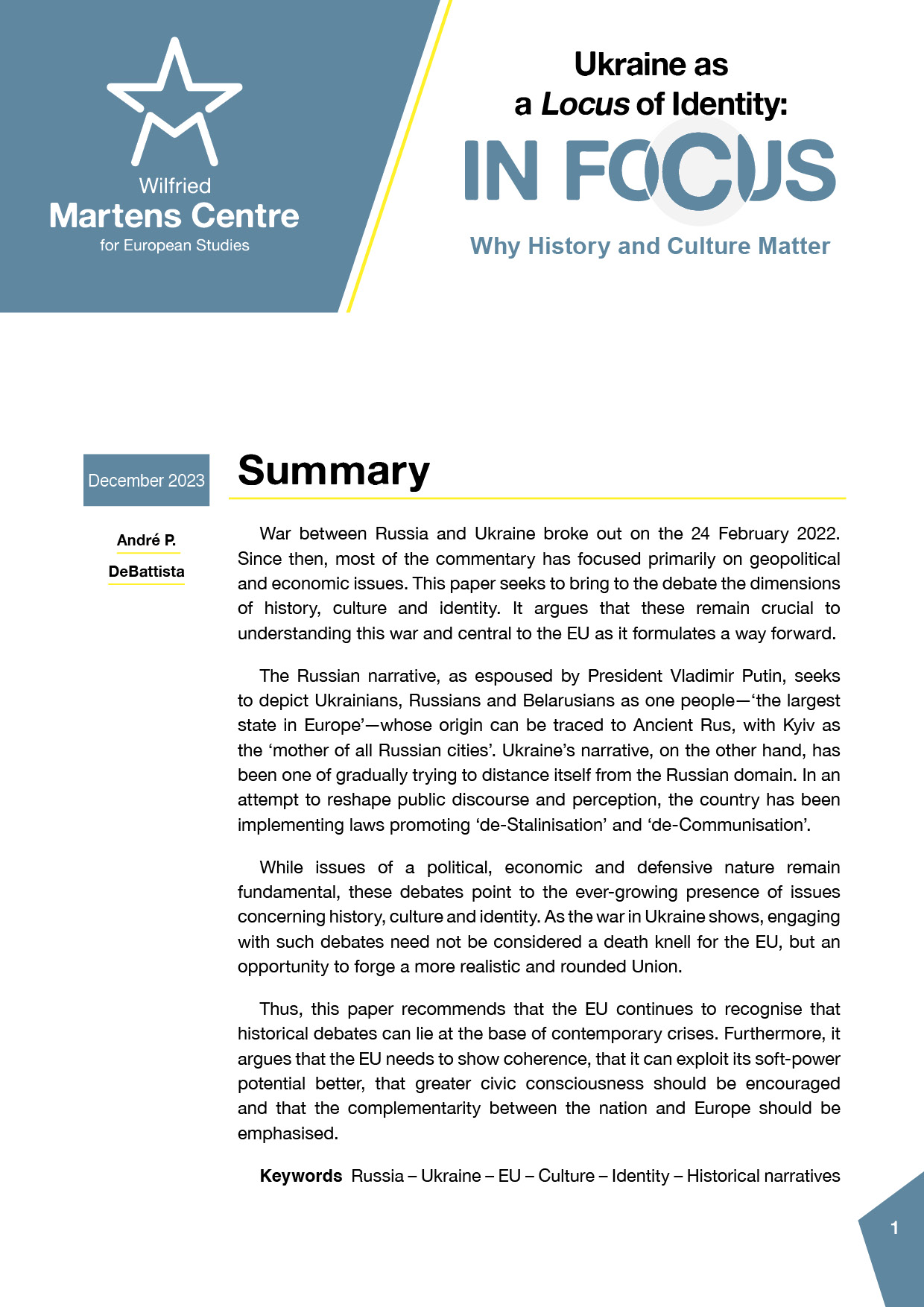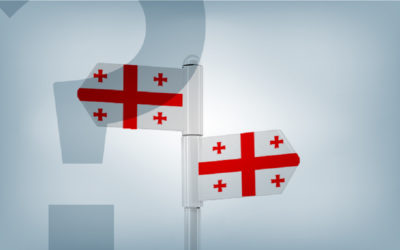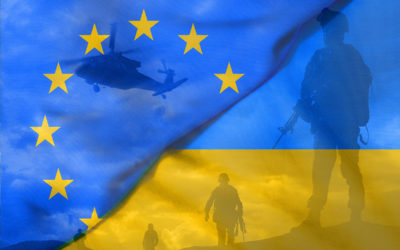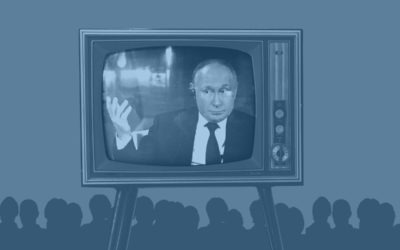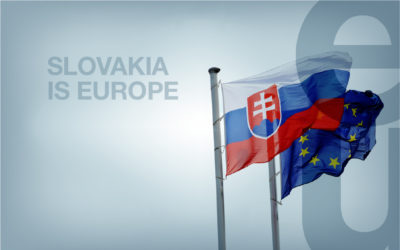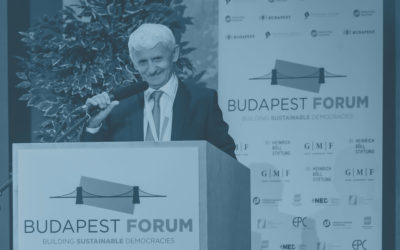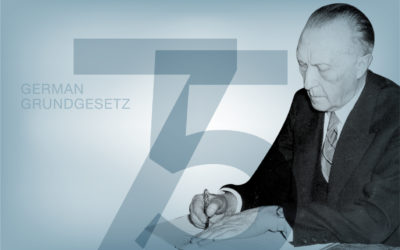Political correctness in the age of nativism
05 December 2018
Political correctness is becoming one of the most unpopular things on the planet. A cursory look at public debates and internet pages reveals political correctness high on the list of public menaces, somewhere between terrorism and George Soros.
An article of the Czech conservative historian Aleš Valenta in the Aspen Review Central Europe is an articulate expression of this prevailing mood. Valenta, a former anti-communist dissident and fellow political traveller of mine, now works for the Institute of Vaclav Klaus in Prague.
In his article, Valenta argues that the EU is dominated by neo-Marxist tendencies, whose common denominator is equality. Equality has many faces, with feminism and multiculturalism being the ‘deadliest’. The EU’s principle of gender equality then amounts to ‘degenerated liberalism.’
A cursory look at public debates and internet pages reveals political correctness high on the list of public menaces, somewhere between terrorism and Soros.
Apart from the Czech exit from the EU, Valenta calls for an end to political correctness. He hints that the Central European countries, ‘sandwiched between autocratic Russia and the West that is enslaved by feminism, political correctness, and drenched in guilt’ could become bearers of this return to ‘common sense, rooted in human nature’.
Valenta’s linking of Marxism to ‘leftist liberalism’ is bizarre, and so is the attribution of these philosophies to the EU.
But apart from these factual mishaps, Valenta’s article embodies a wider political trend of the last decade, exploiting excesses in the politically correct language to discredit the liberal notion of tolerance and the European project as such. These trends, although probably strongest in the Visegrad Four, are present across Europe and the West.
Limits to political correctness
One definition of political correctness is ‘language, policies, or measures that are intended to avoid offense or disadvantage to members of particular groups in society’. The concept gained wider acceptance in the US in the 1970s, where it was used, often in a self-deprecating manner, by the American left. Since then, the term has become a derogatory one, an argumentative tool against someone who refuses to give things their proper name.
There is no doubt that political correctness can stifle debate and even turn innocent people into victims. US academia is a prime example here. During my studies in the US in the 1990s, I witnessed a student gathering organised to protest moves towards abolishing affirmative action at universities. Two speakers, a white male professor and a black businessman, expressed support for doing away with the affirmative action. Several student speakers subsequently called them names and even cast doubt on the professor’s ability to teach.
One year later, another professor at the same university, a poet, was severely disciplined by his department. He had pinned his slightly erotic poem on the departmental board. A complaint from several female students followed, alleging being ‘intimidated’ about the poem’s content and demanding punishment.
There is no doubt that political correctness can stifle debate and even turn innocent people into victims.
Closer to home in Europe, debates on political correctness often concentrate around Christmas, a Christian festival which tends to evoke strong emotions at both personal and societal levels. Many accusations of European Muslim communities protesting against Christmas celebrations have been urban myths.
However, we cannot close our eyes to the disturbing occurrences when this is real. One example is that of calls currently spread, among others, by the youth branch of Ditib, a large association of Turkish Germans. The call for Muslims not to celebrate Christmas is powerfully expressed by a picture of a Muslim man hitting Father Christmas, see here.
Limits to common sense
There is a different side to this story. We should realise that some responses to the excesses of political correctness are as sinister as the original phenomenon.
Critics usually do not provide an alternative to the notion of political correctness but when probed, they tend to simply reply that ‘common sense’ should be restored. This is often a legitimate and logical stance.
We need to be more careful when political correctness becomes the tool of new discoverers of Europe’s religious traditions, such as the German Pegida movement (Patriotic Europeans Against the Islamisation of the Occident) and like-minded movements in other European countries.
We should realise that some responses to the excesses of political correctness are as sinister as the original phenomenon.
Europe’s new Christians are not people who have undergone a religious awakening in the evangelical sense. Instead, they appeal to an exclusively collectivist notion of shared Christian roots to polarise society. As one observer has put it, they have become Christians because they do not like Muslims. In today’s secular society, their return to Christianity gets expressed as fighting for a political cause through demonstrations and Facebook pages.
Leaders of these new Christian movements and the associated crowd who invoke the alleged golden past of the European nation state, exploit the current crisis of Western democratic institutions to attack indigenous and new ethnic minorities and non-Christian religions, all that while trying to wipe out Europe’s political pluralism as well. ‘Common sense’ and ‘the voice of the people’ serve as their battering rams to destroy what they portray as the rotten castle of checks and balances.
**
The protection of minorities of any kind – ethnic, religious, political and others – is an essential element of any constitutional democracy. Political correctness, when properly applied and when not limiting effective policy interventions, can be a useful tool to achieve this constitutional objective.
A decision by a country deciding to leave the EU will solve nothing. Our societies are changing irrespective of the views of anyone in Brussels and minorities of any kind deserve protection for the sake of all of us.
Europe’s centre-right and all mainstream parties have work cut out for them to develop language that fosters respect and tolerance but does not sweep problems under the carpet. Being hateful and deliberately offensive is not an alternative, if we want to preserve our democracies.
ENJOYING THIS CONTENT?







